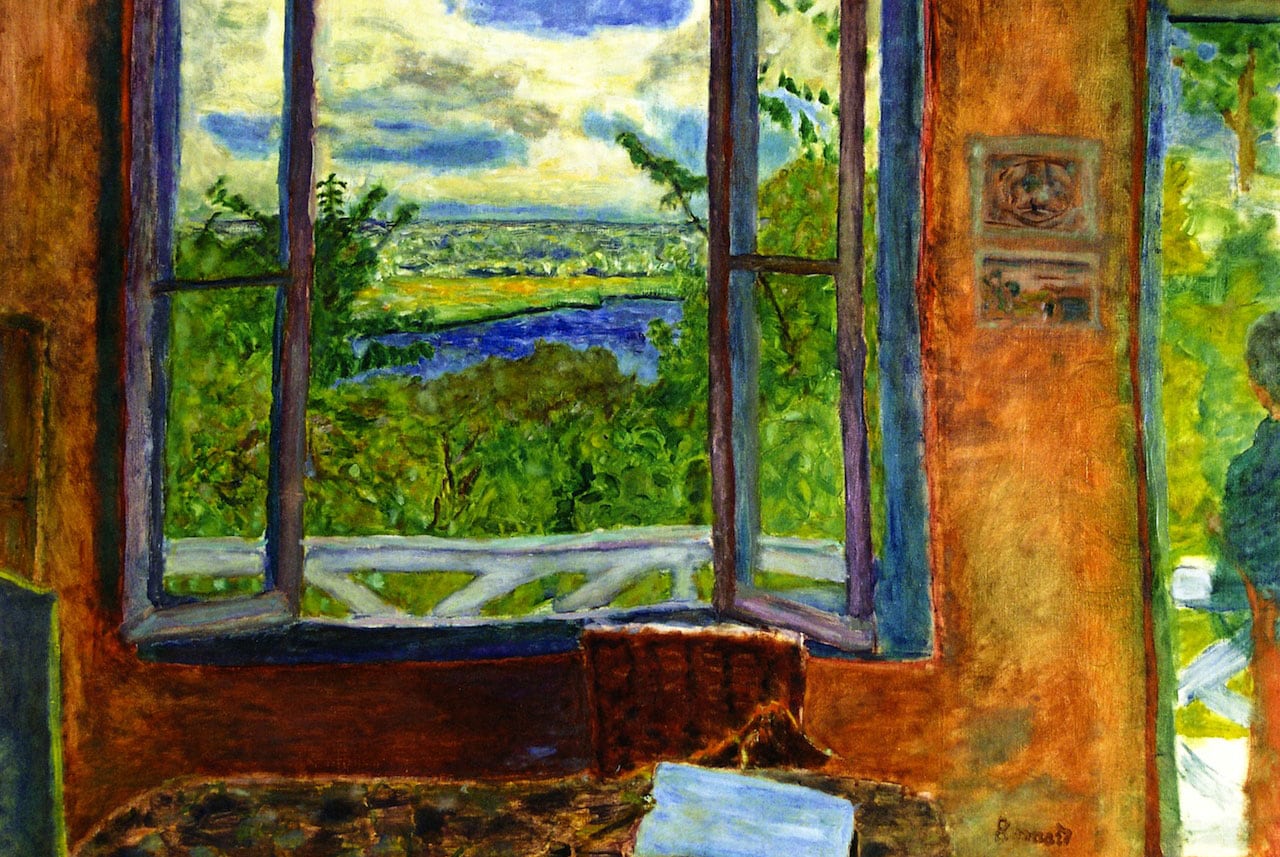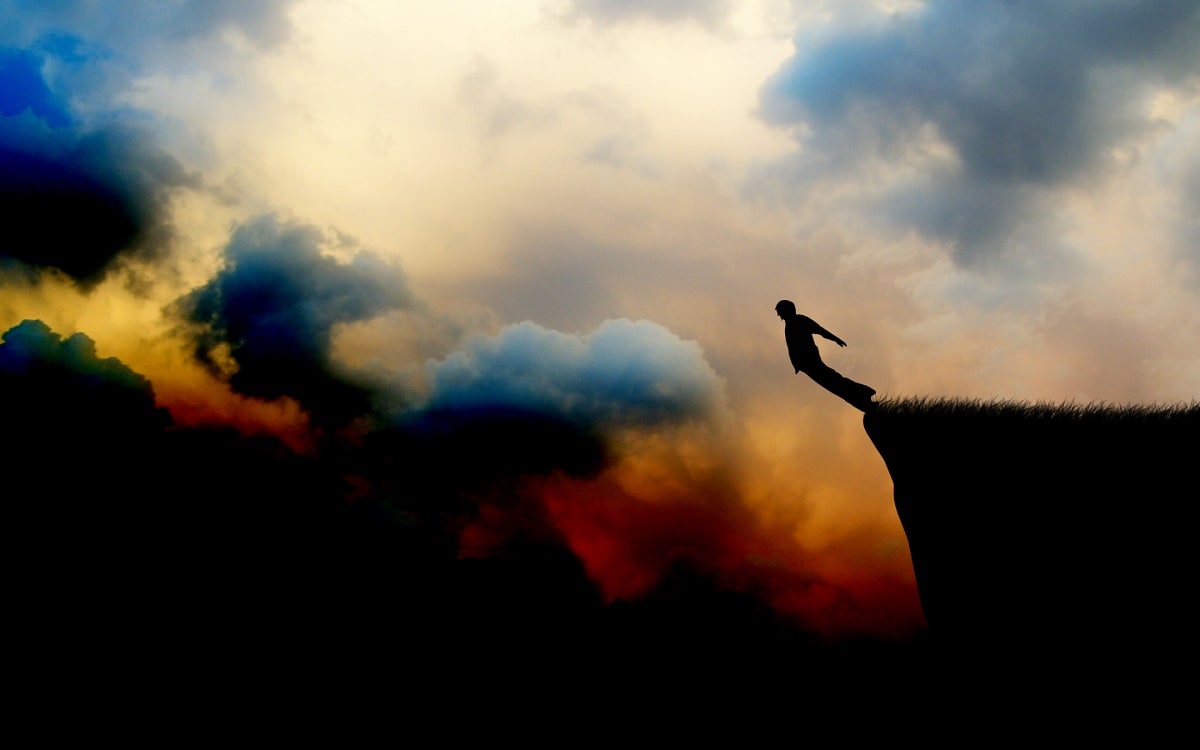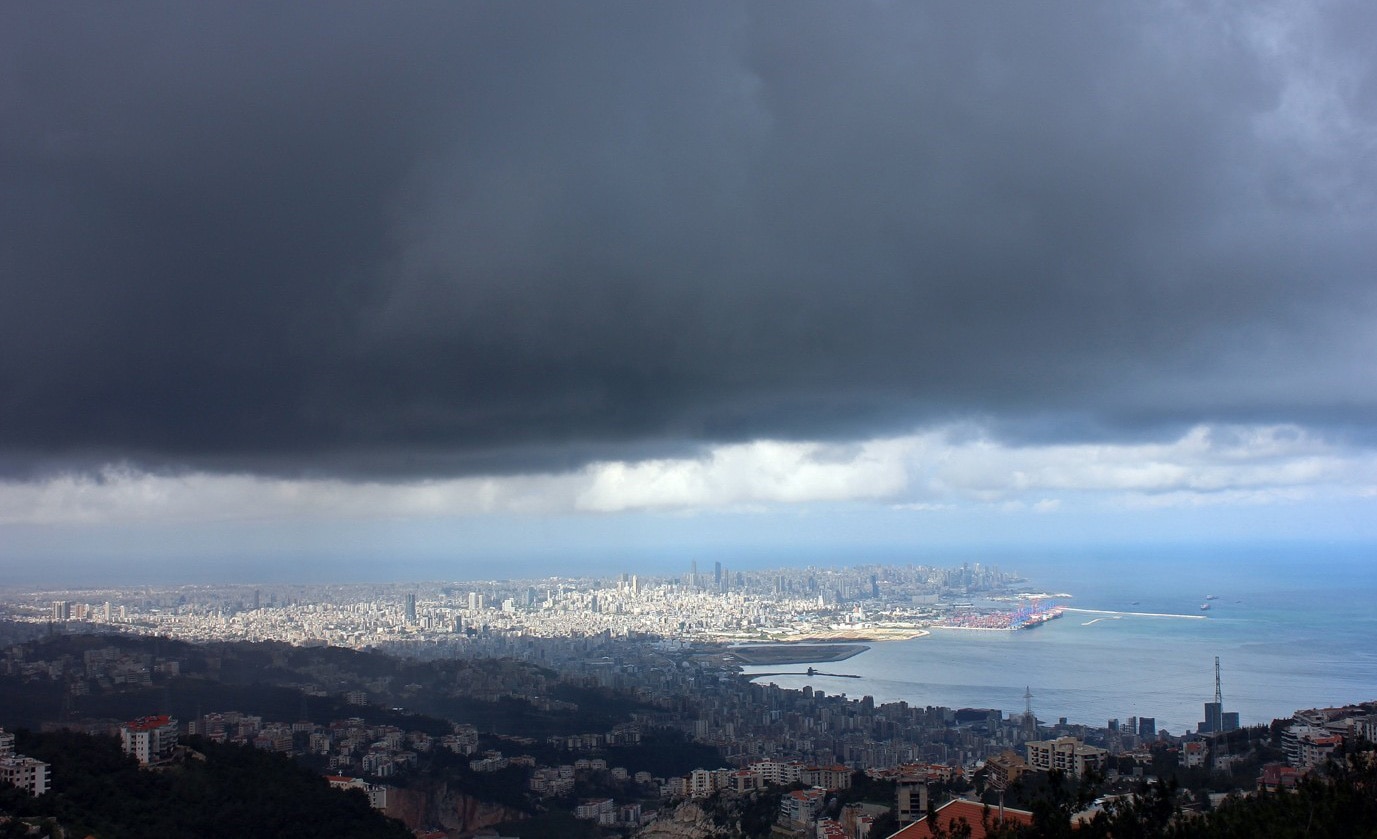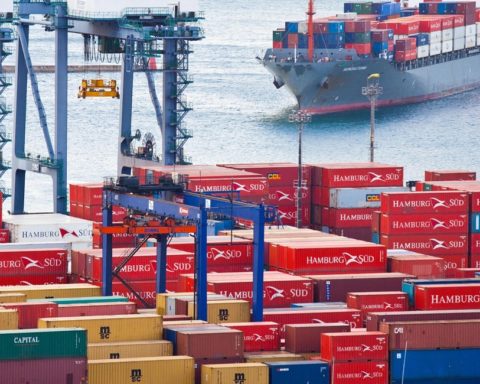For the physicist-philosopher Etienne Klein, confinement upsets our conception of space-time. It is true that the time of physics does not change: a minute always lasts sixty seconds, but it is our perception of time that changes in this confined space where everything becomes softer, without rhythm, a new time that spreads out until it fades away. As for the space, it is summed up as a each one at home, where no one knows where he lives.
Like just about everyone else, I never thought I'd experience a day like this: this staggering mix of digital hyperconnectivity and social fallow, of absolute urgency and apparent calm, of tranquility in the streets and a race against time in some other places, such as hospitals.
In its Essay on donationMarcel Mauss coined the term "total social fact". The current pandemic represents even more: it is a "total global fact", since it concerns the whole of humanity. It affects everyone, directly or indirectly, and everyone has something to say about it. As for containment, which will have affected only half of all humans, it is only a semi-total global fact, which is already extraordinary.
The place we occupy in the bosom of time seems to spread out, almost to fade away.This exceptional experience will certainly not change the time as the equations of physics indicate, and there is no doubt that any minute in the next world will always last 60 seconds, whether of pain or ecstasy, telework or boredom. But it disturbs our perception of time: the days of confinement all come to resemble each other; our metrics of duration become increasingly soft; the scrolling of hours lacks rhythm, imposed figures, markers, appointments, so that the place we occupy in time seems to spread out, almost to vanish.This is the first paradox that confinement makes us aware of: having time makes us lose track of time..
To feel the passage of time, should we allow ourselves to be "intoxicated by haste"?
In reality, we are always confined in time since the latter is, despite its false river air, a real prison without bars, at least for our body. Time is like an embrace to which we can only be passive: we physically inhabit the present moment and cannot get out of it, except perhaps through memory or imagination. But for the past few weeks, we have been in addition confined in space, which is usually the place of our freedom; all of a sudden, our dwelling has been transformed into a cage, a small vase much too closed.
Double house arrest
This outbreak is therefore a "strange tyranny"to use the words of Albert Camus (now our greatest contemporary) evoking the plague. For here we are doubly under house arrest: in time, as usual, and also, for a certain time, in space. Our individual universe line is drastically shrivelled. Nevertheless, we can give a sense of grandeur to this existential curl by taking seriously what a certain Albert Einstein explained to us at the beginning of the 20th century: "We can give a sense of grandeur to this existential curl by taking seriously what a certain Albert Einstein explained to us at the beginning of the 20th century.e century: even when we are motionless in space, i.e. confined to a fixed place, we are all moving, all the time, at the speed of light in space-time! Every second of our lives, we travel 300,000 kilometres in space-time, according to the proven theory of relativity. But I cannot guarantee that those who are currently locked within a few walls that are too close together will all feel a sense of madness when they discover this information.
Everyone is at home, but hardly anyone knows where they live anymore.Confinement also makes us aware of a second paradox, this time related to space: everyone is at home, but hardly anyone knows where they live anymore.. Our barycentre existential has suddenly changed its place, thus undermining our customary identity. Usually, our life is divided into different poles - professional, family, friendly, social - which each of us weights as he or she can or wants. But in times of confinement, this weighting is reconfigured, for better or for worse. We find ourselves forcibly married, as it were, to ourselves, forced to invent a new way of feeling that we exist, of being in the world and being with others. And as the weeks go by, seeing the endless list of radical upheavals brought about by the little coronavirus...we get the feeling that...Antonin Artaud called a "kind of constant loss of the normal level of reality". The normal allows itself to be contaminated (that's the word!) by the abnormal which, at the same time, gradually becomes the norm.This abrupt interruption of most of our routines has changed our perception and analysis of reality. In ordinary times, we constantly feel out of step with the true dynamics of reality: we always feel that we are missing something of the race the world is running with itself, that we are stagnating in a gap that is impossible to close. But during this large-scale break that we are experiencing today, we are once again, as it were, "in sync" with the world. It is no longer ahead of us.
When the virus drops our mask
In The theatre and its doubleThe same Antonin Artaud pointed out that an epidemic such as the plague has this in common with the theater that it pushes humans to see themselves as they are: "It makes the mask fall off (sic!), he wrote, she discovers lies, greed, baseness, tartufferie". The little coronavirus has something authentically metaphysical: through the countless chain reactions it activates, it acts on our lives like a paint remover. It is even a kind of powerful blowtorch that pulverizes most of our ordinary travesties: we are exposed, individually and collectively. In short, we can no longer miss each other.
Confinement thus offers the possibility of reshuffling the cards in terms of existential dynamics, of upsetting the hierarchy of individual tempos. It would be interesting, for example, to observe whether, in this period of quasi-general seclusion, those who previously had the most hectic lives are more bored than those whose lives were calmer. Or if, on the contrary, they appreciate the opportunity to dig deep within themselves, to discover their own time, to experience a certain slowness, a certain emptiness. This would allow us to know what determines the pace of our lives in normal times: is it only a matter of temperament? Or is it rather circumstances, obligations, which push us to marry false rhythms in spite of ourselves?
In any case, it is likely that this pandemic will "cut history in half": the aftermath, we are told, is unlikely to be a continuation of the before. However, we must be wary of what historians have taught us: almost all the pandemics of past centuries have triggered collective amnesia mechanisms shortly after their completion. It was a matter of leaving the trauma that had accompanied the disaster far behind. As a result, the lessons that could have been learned were hardly learnt, because the priority was to reactivate the life that had gone before, in an even more frenetic way.
it may well be that the little coronavirus has the means to change the world in a truly irreversible way, especially since none of us really felt comfortable with the world before.But it may well be that the kid coronavirusThe fact that the Earth's destiny has been forked by itself gives us the opportunity to escape this apparent fatality. He has the means to change the world in a truly irreversible way, all the more so since none of us really felt at ease with the world before (this does not imply that we will be at ease in the world after...).Let's start with a little memory exercise: what was on our minds just a few months ago? I remember that we were playing with the spectre of the collapse, or even the end of the world, when we were not breaking up into a kind of hectic immobility. We were running "on a treadmill blindfolded after today's scoop.". We hardly spoke of anything but the present, as if the future had been absent from our performances, as if the urgency had everywhere repudiated the future as a promise. The world of tomorrow was thus left to lie fallow intellectually, in political levitation, as if thrown into a symbolic hole. But what has been happening since the pandemic erupted? Of course, we are all focused on the very short term, seeking the most effective way to manage the current health and economic crises. But at the same time, each and every one of us feels compelled to reinvest in the idea of the future.
In just a few weeks, through a paradoxical effect of the current disaster, the arrow of time has thus reversed: while multiple collapses are underway, the idea that tomorrow there will be a worlds, possibly other than the one before, replaced the idea of the end of the world !
That's how long time has made its comeback in our minds.
The Block Universe Theory
A bit of theory will help us better understand this issue. Taking ideas from the logician Kurt Gödelphysicists have developed the so-called thesis of "Block Universe"which invites us to consider space-time as a fully deployed structure within which all events, whether past, present or future, would coexist. They would have exactly the same reality, in the same way that the different cities of France coexist at the same time in space, while being located in different places. In short, space-time would contain the entire history of reality, with each past, present or future event occupying a specific place in it for ever and ever. The future would thus already exist, just like the past, but elsewhere than where we are.
This thesis is of course controversial. One can notably oppose it with "presentism", which considers on the contrary that only present events are real: these appear and disappear being replaced by others, so that reality is always new and undecided. In short, there would be no other reality than the whole of what is happening now: both upstream and downstream, the present would be girdled by nothingness...
Without waiting for any Godot whatsoever, we begin to think the world according toBut we must live, here and now, that is to say without being able to wait for this question of the reality of the future to be decided. Living means giving the future a certain status, making it look like a challenge, which means investing it with ideas, projects, performances, bets, desires. It is precisely this task, which has been neglected for too long, that we are now taking up again. Without always being aware of it, we are constructing a kind of synthesis between presentism and block universes: we are mixing them in a way that gives substance to the idea that the future is a genuine reality, but that it is not completely configured, not completely determined, so that there is still room for play, space for will and invention.In short, without waiting for any Godot whatsoever, we start thinking about the next world, taking into account on the one hand what we want, on the other hand what we already know, but also what we are learning and understanding in the very strange situation we are living in.
This is how, look at that, time is reenergized into a historical force!
Wasn't it about time?
Etienne KleinDirector of Research at the CEA, Commissariat à l'énergie atomique et aux énergies alternatives (CEA) (Atomic Energy and Alternative Energies Commission)
This article is republished from The Conversation, editorial partner of UP' Magazine. Read theoriginal paper.
Header image: Pierre Bonnard, Window open on the Seine, 1912![]()












